


Think back to 2004, when World of Warcraft first hit the market. Millions of gamers and fans of the franchise flocked to the closest video game store in an attempt to carve out their own story in the rich Warcraft lore. The game quickly established itself as a force to be reckoned with, dealing tough blows to the midsection of Everquest 2’s highly-anticipated launch.
Nine years later, the run World of Warcraft has had is apparent. The title has spawned four extremely solid expansions, which have all retained a customer base that can’t stay away. I, based on the number of hours I poured into the game, could have been considered an addict at one point.
Though I have since shed the veritable skin of Warcraft, its effect on me probably mimics that of many others around the world who have partaken in an MMO of their choice. While World of Warcraft was my main source of hours played, I also dabbled in titles such as: Guild Wars, Rakion, Cyber Nations, Star Wars: The Old Republic, Adventure Quest, Runescape, Kingdom of Loathing and Aion.
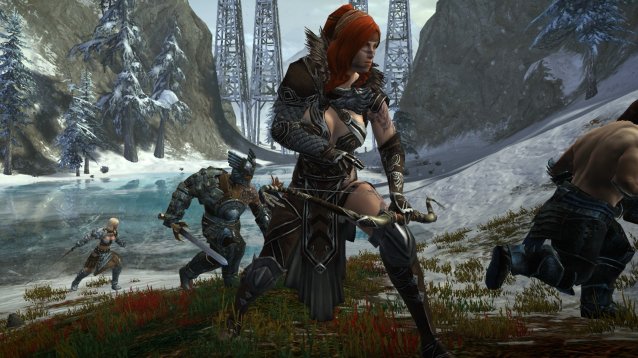
While my list is expansive, there isn’t a single title there that has still retained its former glory, be it in newer iterations or expansions to the game(s). The Old Republic, for example, has gone to a free-to-play model. When the game first released in December 2011, it forced subscribers to submit to a $14.99 monthly fee. The game had a very successful launch, and even succeeded in retaining its player base for a time. Now, it struggles to even stay afloat.
In some way, shape, or form the story is the same with most of the other games I have played. Runescape has brought back servers that let you play the game as it was in 2007 in a bid to bring back an older player base, Guild Wars 2 hasn’t been making any waves and Aion isn’t expanding at any rapid rate. Lord of the Rings Online, another big MMO title, was also forced to switch to a free-to-play model based on micro-transactions in June of 2010.
Even World of Warcraft is seeing trouble on the horizon. During the game’s third expansion, Cataclysm, the game saw record lows in regards to its subscribers. While Mists of Pandaria may have remedied this issue for a time, how long will Blizzard be able to keep time at bay? In the very near future, it’s likely that reports will indicate the mega-MMO is once again bleeding paying customers.
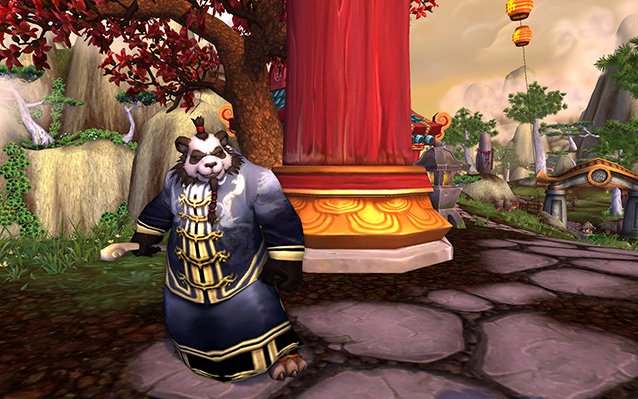
The issue we’re faced with isn’t asking whether or not MMOs can succeed in such a crowded market, its asking if the MMO formula is broken. Repetitive gameplay, fetch-quests and a barrier to entry consisting of time spent on the game are all large reasons of why perhaps MMOs are struggling to find a foothold in the new marketplace.
Though the game isn’t technically an MMORPG, League of Legends is a perfect example of how to get gamers involved with your product and keep them interested. League of Legends was designed from the ground up as a free-to-play title, which gives it a distinct advantage over games using a month-by-month pay model. It also offers an easily learnt command system that requires players to use only the mouse and QWER keys. While there are more options available for skilled players, it’s extremely plausible that you be competitive in rated matches using just these tools. In most MMOs, key binding must be learned and add-ons are almost a necessity at high level PvP orPvE content.
Another interesting advantage that League of Legends has is that it lets players take bite-sized chunks of gameplay. Where a raid or twenty arena matches might take you hours to complete, a game in League of Legends generally lasts around thirty to forty-five minutes. This implies that gamers will fit games in wherever they can, and aren’t forced to resort to any organizing or date planning.
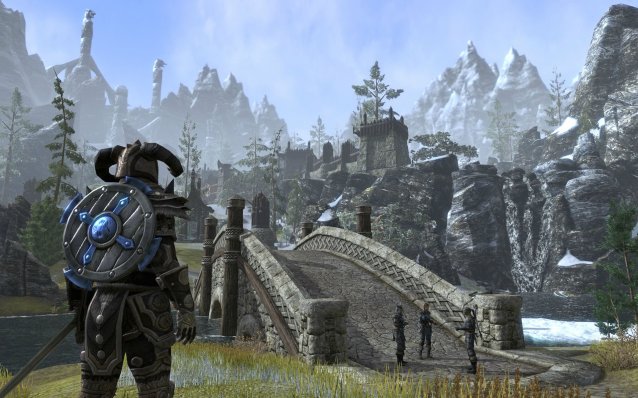
With all of this said, hope is not lost. The Elder Scrolls Online will be releasing sometime later this year, and though what we have seen from the title hasn’t necessarily been jaw-dropping in terms of innovation, it does feature the same background of lore that World of Warcraft did before its launch. Bethesda has stated on multiple occasions that they are hoping to make the game’s launch something to remember. While that doesn’t really mean much by itself, the market seems to be ripe for the picking. With most MMOs struggling or on their last leg, the time to strike has never been better.
While all of this might seem dire, it’s actually quite the opposite. A number of MMOs from the last decade might be on their way out, but it’s easy to forget that these MMOs pushed games like Everquest into obscurity. While it’s possible some larger titles such as World of Warcraft will maintain a following for years to come, many of the smaller games in the genre will be pushed to the wayside. It will be interesting to see what happens over the course of the next couple of years, and whether or not these upcoming titles make good with their promises.
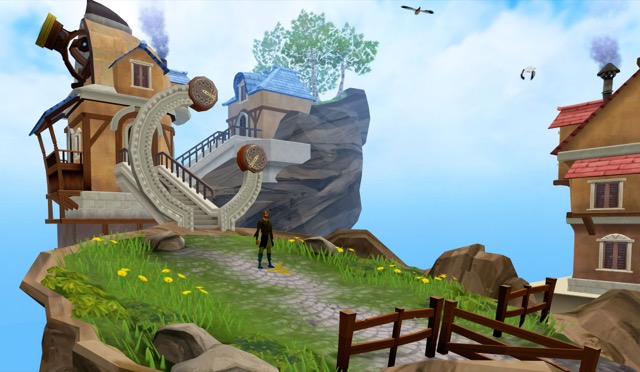

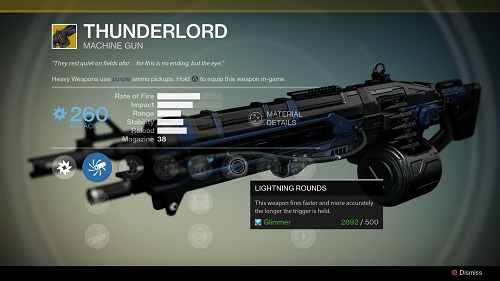
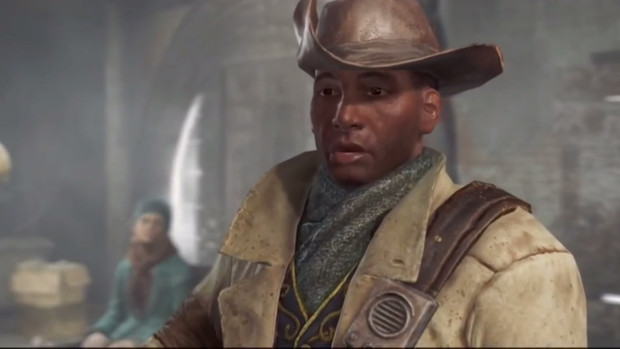
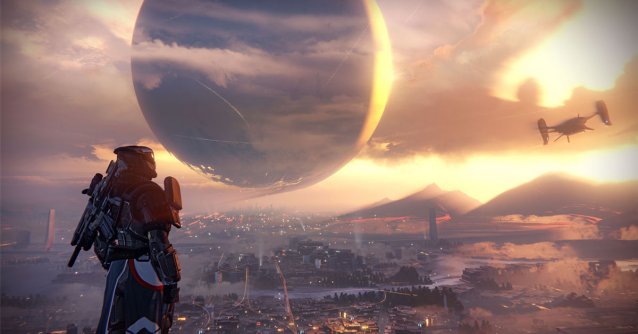 Destiny Limited vs. Guardian vs. Ghost Edition Comparison
Destiny Limited vs. Guardian vs. Ghost Edition Comparison How To Find And Recover Dogmeat In Fallout 4
How To Find And Recover Dogmeat In Fallout 4 Gears of War: Ultimate Edition COG Tag Locations
Gears of War: Ultimate Edition COG Tag Locations Killer Is Dead Review - Let Me Play Already
Killer Is Dead Review - Let Me Play Already Pokemon Ruby and Sapphire Video Game Cheat
Pokemon Ruby and Sapphire Video Game Cheat